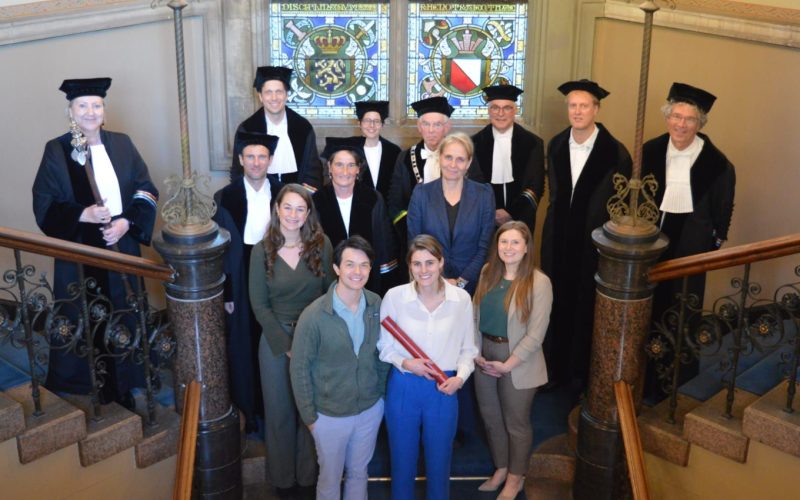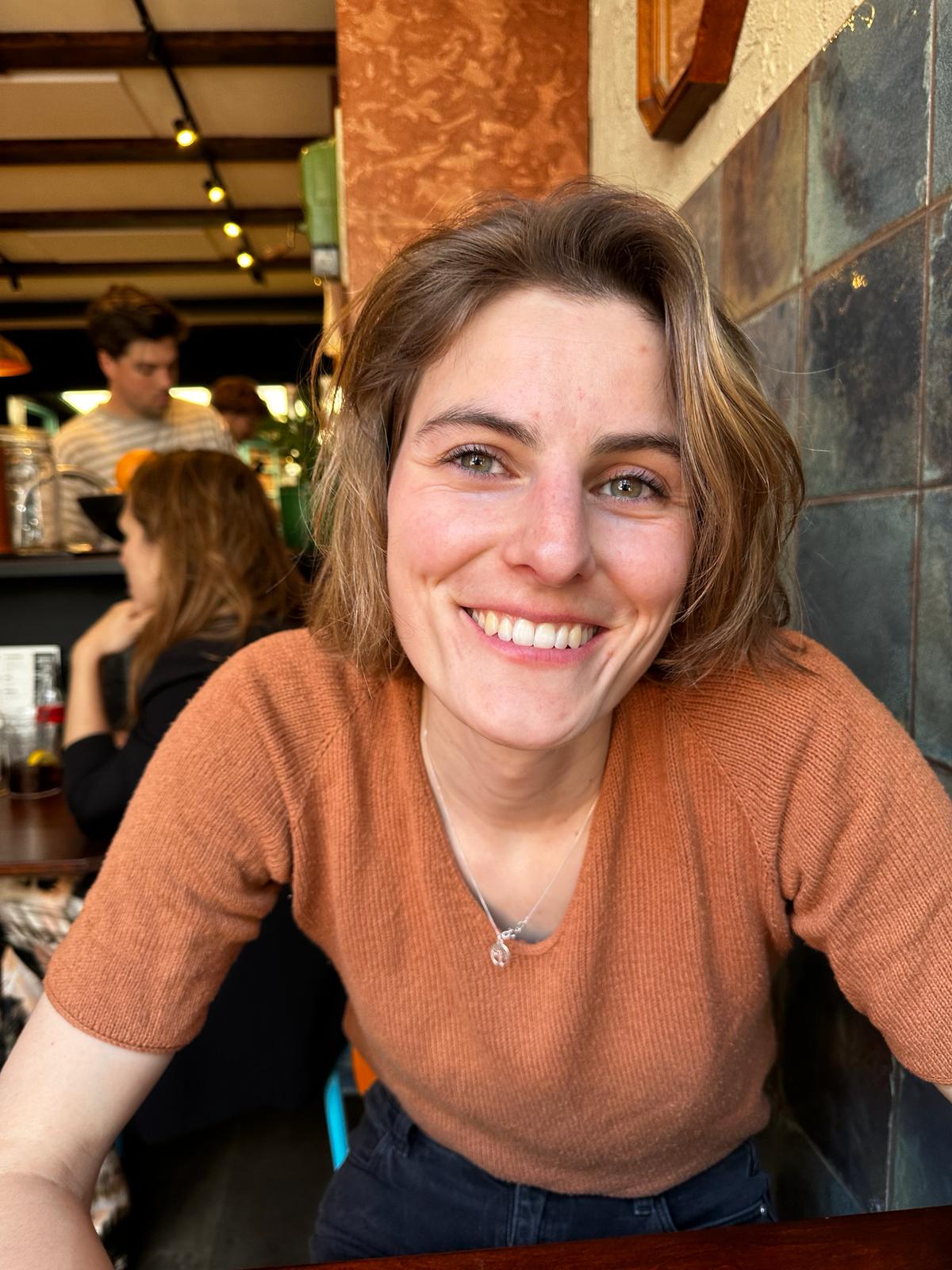PhD research by Lyanne Derksen (UMC Utrecht) further unraveled the lifespan of various immune cells. It was demonstrated that the human immune system is not a static system that merely stores memories, but is dynamic and adaptable and constantly prepared for the challenges of an ever-changing environment.
One of the major qualities of the human immune system is its ability to remember a pathogen for when it is encountered again in the future. One can think of immunological memory as a library filled with books (cells) that remember specific pathogens or diseases. The comparison of immunological memory to a library leads to two important questions. First, are immunological memory cells maintained as statically as books: are memory cells that were created decades ago the same ones we find back today, or are they maintained more dynamically? Second, where is the library? At any given moment, only an estimated 2 percent of lymphocytes are in the peripheral blood, whereas the majority of human lymphocytes reside in lymphoid organs such as the lymph nodes, spleen, thymus, and bone marrow.
In her PhD thesis, Lyanne Derksen (Center for Translational Immunology, UMC Utrecht) and co-workers have studied the lifespan of immune memory cells in various organs using heavy water labeling in mice and men. Specifically, they used “dirty mice”, which due to their more natural microbiome are thought to resemble the human situation better and form a translational bridge between animal research and clinical application.
Dr Lyanne Derksen
Lyanne Derksen’s research showed hat most immune cells are much shorter lived than the immunological memory they convey. For memory T cells, the lifespan depended slightly on their location: in humans, memory T cells in peripheral blood and skin have a comparable lifespan (7-9 months), but memory T cells in bone marrow are markedly longer-lived (~12-15 months). Lyanne said: “We conclude that the majority of memory T cells, even in bone marrow, are maintained dynamically. Our study thereby challenges the static paradigm and shows that against common belief, most tissue resident memory T cells are not long-lived. Understanding the dynamics of memory T cells in tissues is critical for therapy approaches, given their role in both frontline infection control and their potential role in autoimmune diseases. The observation that most tissue resident memory T cells are maintained in a dynamic way opens up the possibility to interfere with the maintenance of these cells in cases where they cause undesired responses.”
Lyanne’s PhD thesis also questioned the concept of long-lived plasma cells, showing in both mice and humans that the average lifespan of plasma cells is shorter than expected: in mice, the average lifespan is 40 days and in humans ~7-18 months. These estimates suggest that the vast majority of bone marrow-derived plasma cells in mice and humans are replaced within months after their formation, and that only few plasma cells persist to provide immunological protection in the long run.
Natural Killer (NK) cells are a subset of innate immune cells specialized in anti-tumor and anti-viral immune responses. Derksen and colleagues found that this type of immune cells were estimated to have a lifespan of ~3 months, which is 3 times longer than previous estimates. These findings offers a more positive outlook on and could aid the implementation of NK cell-based therapies.
Together, these results urge to re-evaluate the concept of an immunological memory as a library. First, memory cells are much more dynamic than books, and second, the storage of memory cells is probably more decentralized than centralized. “Our work shows”, Lyanne concludes, “that immune cells are much different from truly long-lived cells, such as neurons, that can live as long as their host. These insights show that the immune system is not a static system that merely stores memories, but is dynamic and adaptable and constantly prepared for the challenges of an ever-changing environment around us.”
Lyanne Yara Derksen, MD (1992, Wageningen) defended her PhD thesis on October 22, 2024 at Utrecht University. The title of her thesis was “Memories that last – Dynamics of memory cells in mice, dirty mice, and men”. Supervisor was prof. José Borghans, PhD and co-supervisor was Kiki Tesselaar, PhD (both Center for Translational Immunology, UMC Utrecht). Lyanne Derksen works as a junior doctor at the Department of Internal Medicine at Alrijne Hospital in Leiden.


